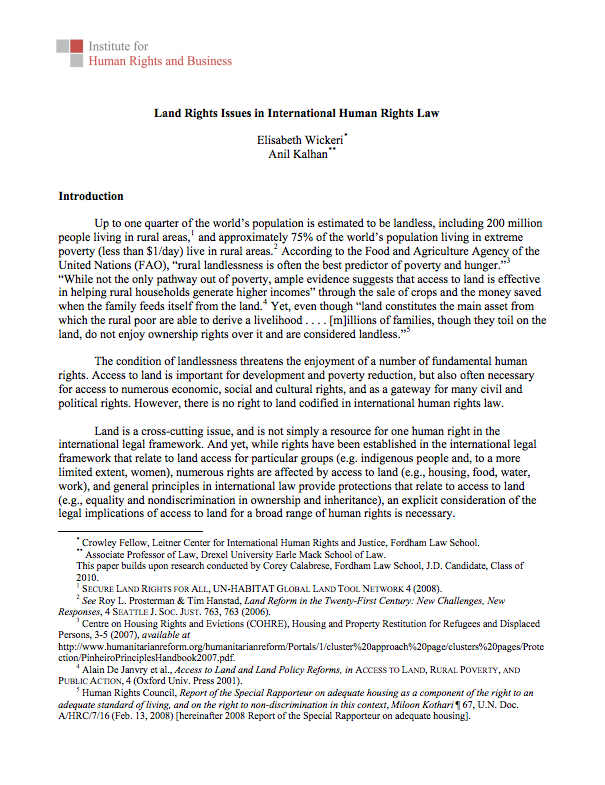Location
Companies can both positively and negatively impact the lives of their staff, the workers in their supply chains, the communities around their operations, and society more widely. Many of these negative impacts – large and small – are avoidable. If every business understood how its actions could undermine respect for human rights and took proactive steps to prevent their impacts, the world would be a different place. Responsible business prevents potential harms, ensures accountability and delivers lasting value.
Founded in 2009, IHRB is the leading international think tank on business and human rights. IHRB’s mission is to shape policy, advance practice and strengthen accountability in order to make respect for human rights part of everyday business.
IHRB’s programmes are organised around key ‘flows’ fundamental to social and economic development, namely: flows of workers, flows of finance, flows of commodities and flows of information. These underpin IHRB’s work on migrant workers and the financial, extractives and ICT sectors respectively. In addition, IHRB is developing a programme on human rights and mega-sporting events and is a founding partner in the development of the first wide-scale benchmark on corporate human rights performance.
IHRB works across its programmes with public and private sector partners in both developing and developed countries. In particular, IHRB has founded centres for responsible business in Myanmar, Kenya and Colombia that mirror its mission and activities at a local level
Members:
Resources
Displaying 1 - 4 of 4Myanmar Oil & Gas Sector Wide Impact Assessment - Part 4. Section 1. Stakeholder Engagement & Grievance Mechanisms
ABSTRACTED FROM THE EXECUTIVE SUMMARY: Part 4: During the transition, businesses, government and development partners need to take steps to fill the existing gaps in Myanmar’s legislative framework on the protection of the environment, society and human rights. The Government has an immediate and important opportunity in the new production sharing contracts to fill these gaps through contractual requirements to meet the International Finance Corporation Performance Standards and World Bank Group Environmental, Health and Safety Guidelines.
Land Rights Issues in International Human Rights Law
Up to one quarter of the world’s population is estimated to be landless, including 200 million
people living in rural areas,1
and approximately 75% of the world’s population living in extreme
poverty (less than $1/day) live in rural areas.2
According to the Food and Agriculture Agency of the
United Nations (FAO), “rural landlessness is often the best predictor of poverty and hunger.”3
“While not the only pathway out of poverty, ample evidence suggests that access to land is effective
Land, Business and Human Rights
This is the first of a series of consultations on the human rights challenges and dilemmas involved in the
acquisition and use of land – held individually or collectively - for private or state-owned business and
economic purposes. The aim of the series of consultations is to develop a framework that leads to an end of
human rights abuses at any stage of the process – before acquisition, during acquisition, and after operations
have commenced and, if necessary, relocation and rehabilitation arranged, and compensation paid.
Land Issues in International Human Rights Law
Up to one quarter of the world’s population is estimated to be landless, including 200 million people living in rural areas,1 and approximately 75% of the world’s population living in extreme poverty (less than $1/day) live in rural areas.2 According to the Food and Agriculture Agency of the United Nations (Food and Agriculture Organization of the United Nations (FAO)), “rural landlessness is often the best predictor of poverty and hunger.”3 “While not the only pathway out of poverty, ample evidence suggests that access to land is effective in helping rural households generate higher income





